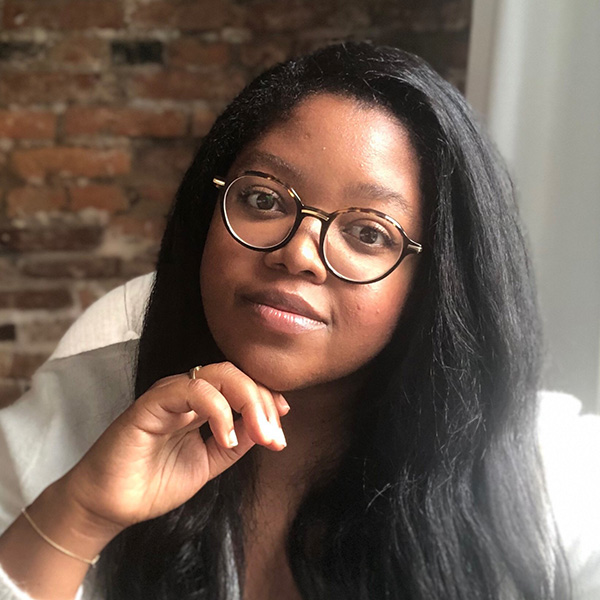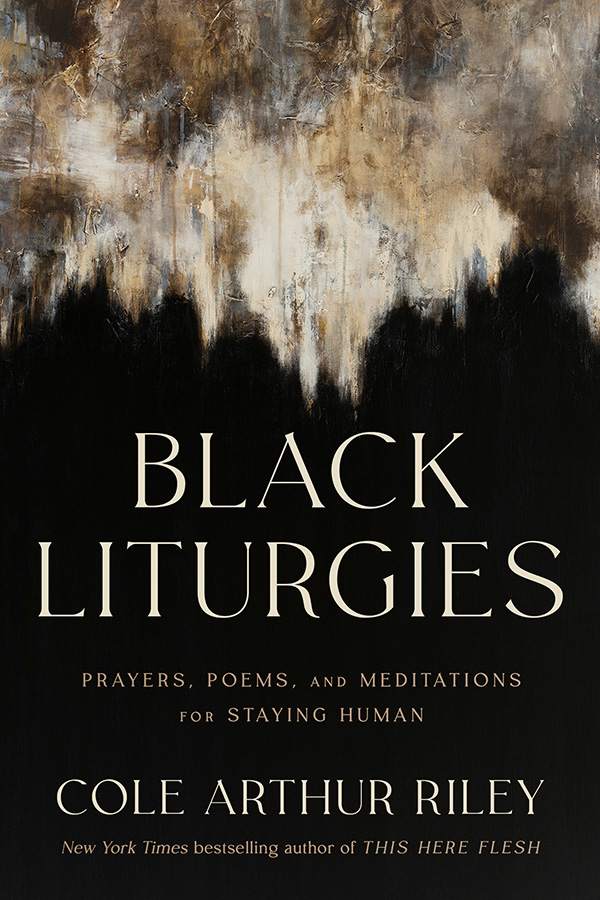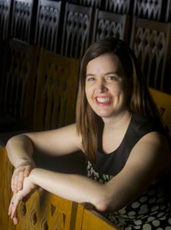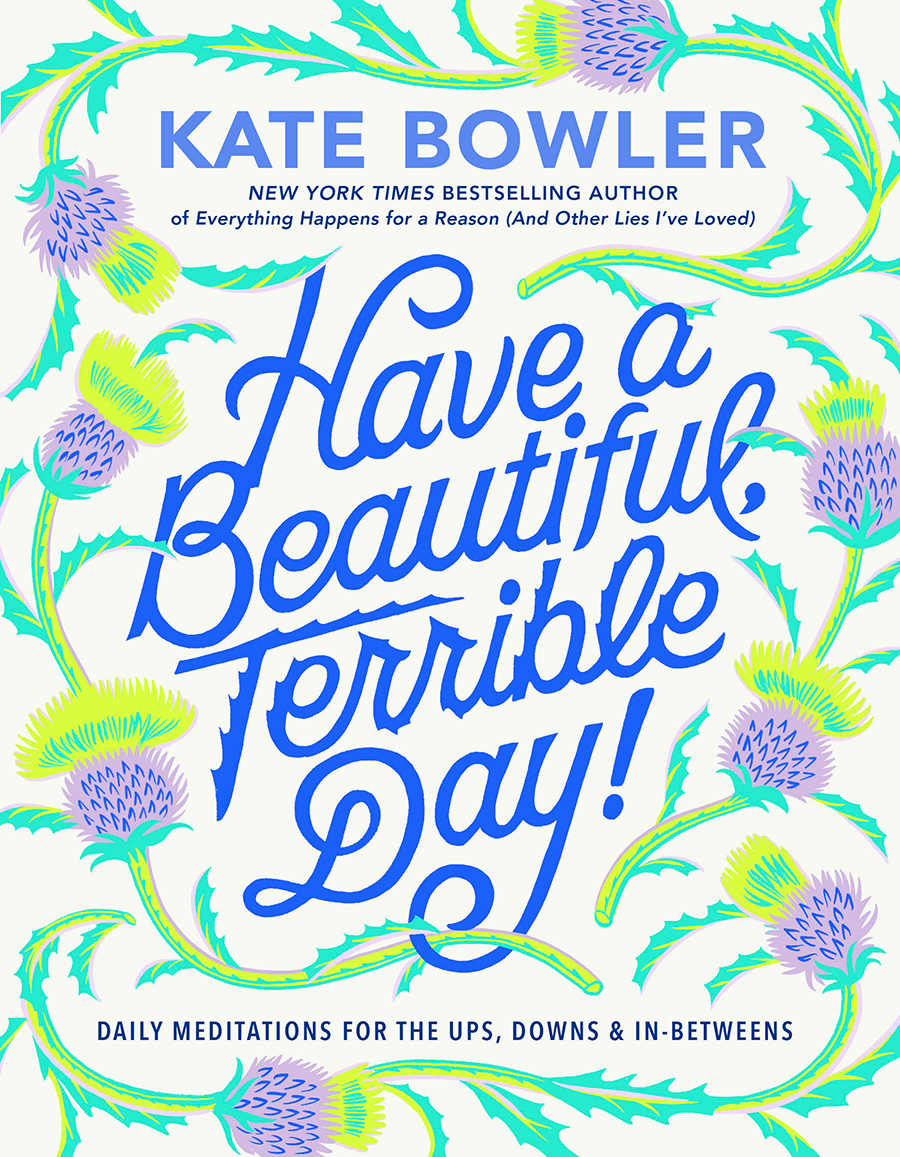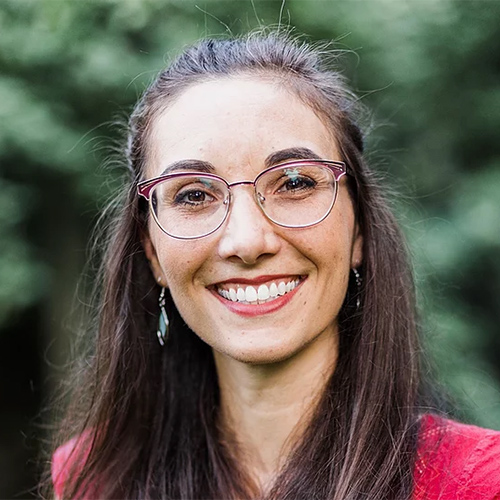When many people read the Bible -- Hebrew Bible or New Testament -- they expect it to speak in one voice. In fact the Bible is an ancient anthology, filled with many often-competing perspectives, Marc Brettler said.
“The Bible is fundamentally multi-perspectival,” said Brettler, the Dora Golding Professor of Biblical Studies at Brandeis University.
“If there is one point that I hope people will remember, it’s the danger of saying, ‘The Bible says …’ and then filling in that sentence with just one single thought, because very, very often, in almost anything that you could ask, the Bible has more than one perspective.”
Brettler’s research is focused in several areas, including the use of religious metaphors in the Hebrew Bible, the nature of biblical historical texts as “literary” texts and gender and the Bible.
He was a co-editor of “The Jewish Annotated New Testament,” “The New Oxford Annotated Bible” and “The Jewish Study Bible.”

Brettler was at Duke recently and spoke with Faith & Leadership. The following is an edited transcript.
Q: You’re here at Duke to lecture on the Hebrew Bible and human rights. Tell us about that.
I look at how the Hebrew Bible compares with contemporary notions of human rights, many of which are expressed in the 1948 U.N. Universal Declaration of Human Rights.
Q: So how does the Bible compare to modern notions of human rights? And what precursors of those notions does it contain?
It doesn’t stack up all that well. For example, slavery is and continues to be a huge human rights problem, but most texts in the Hebrew Bible allow slavery.
On the other hand, part of the U.N. declaration insists on people’s rights to rest and not to work seven days a week. The biblical institution of the Sabbath, of the Shabbat, is very important in the Hebrew Bible. So that’s very progressive.
So I’d say its record is middling, as are most pre-modern records.
In terms of precursors, many people have argued that the Hebrew Bible’s notion that every individual is created in the image of God means that every individual needs to be treated with dignity.
So perhaps that could be seen as a precursor of human rights, although in its legal manifestations, the Bible doesn’t always do so well that way.
Q: I gather that that notion -- that everyone is created in the image of God -- was unheard of.
As far as I know. Even in the Bible, it does not predominate. It is in only one of the two creation stories at the beginning of the Bible. But if you compare it with a well-known Mesopotamian myth, the Enuma Elish, the so-called Babylonian creation story, their people are created from the image of a rebellious semi-god.
That says something very, very different about the notion of people in two very different societies. But again, the Bible has this as an abstraction. The Bible has this conception that people are created in the image of God, whatever that means. But I don’t think they always follow through on that particular notion.
There’s a scholar from the University of California, Lynn Hunt, who has written on human rights. She suggested that one of the main impetuses for human rights is the development of the notion of empathy, especially as it developed in 18th-century literature, and even further in the development of the novel in the 18th century.
This is a concept that you have in the Bible in places, especially that you’re supposed to treat the foreigner kindly, because you were foreigners in the land of Egypt.
So the elements of human rights are there within the Bible. But these elements were not fully recognized. Modern notions of human rights were not really developed from the Bible, but there really were different philosophical ideas [in the Bible] that helped to develop human rights.
Q: What’s your assessment of biblical literacy for both Jews and Christians in the U.S. and the world today?
I’m not a big expert on the Christian world, but Jewish literacy is not so great.
It is really a question of what you mean by literacy. So much literacy within the Jewish and the Christian world is just understanding and being able to repeat back various Bible stories.
I don’t really consider that to be literacy. I would like to have a much deeper sense of biblical literacy, where people really understand the complexities of the text, the way in which different parts of the Bible talk to each other, what the Bible meant in its original context.
That would really be biblical literacy.
Q: What are the major points people need to keep in mind in reading the Bible?
That the Bible is not a modern work, that literary conventions have changed over time, that the nature of what a book is has really changed over time.
Most people read the Bible as a book between two covers, when in reality it was not that way for a very long time. It was a bunch of different scrolls, and the Bible is fundamentally an anthology.
When most people open the Bible, and especially when it has the title “The Holy Bible,” they expect it to speak in one voice.
A lot of what I try to emphasize when I teach is the fact that the Bible is fundamentally multi-perspectival. If there is one point that I hope people will remember, it’s the danger of saying, “The Bible says…” and then filling in that sentence with just one single thought, because very, very often, in almost anything that you could ask, the Bible has more than one perspective.
Q: In an article about your book with Amy-Jill Levine, “The Jewish Annotated New Testament,” you said that engagement between Jews and Christians is crucial today. How well is that engagement occurring?
I see some hopeful signs. One of the big surprises I’ve had from that book is the number of synagogues that have started study groups in the New Testament.
The main purpose of that book was to make the New Testament “safe” for the Jewish community. It was really the first time we’ve had the New Testament explicated by a series of Jewish scholars, and no Jews need to worry that the book is really an attempt to convince Jews to convert to Christianity.
Certainly in America, Christianity is the dominant religion. I think that for Jews, it is very important to understand all the religious traditions that are around you and to show respect toward those traditions.
I hope the same is true in the other direction. The greatest way to show respect to a different religious tradition is to learn something about it. That is what we tried to do in putting together “The Jewish Annotated New Testament.”
Will it change things? We’re going to have to see long term.
Unfortunately, I don’t really know who’s buying it. I do get asked to talk about it in synagogues more often than I get asked to talk about it in churches, but occasionally I do get to. There was a joint weekend between a synagogue and an Episcopal church in Brooklyn Heights, and I got to give the Sunday sermon, which was a lot of fun.
Q: What is the most important point that you wish the Jewish community understood about the New Testament?
Just to understand something about the development of Christianity within its context.
Many Christians and many Jews assume that Jesus was trying to create a new movement or a new religion. Just about all scholars would agree that Jesus was Jewish, and the Jews of his time saw Jesus as Jewish.
So understanding Jesus within a Jewish context is something that I really hope and believe is important for both the Jewish and the Christian communities, and that I think this book can hope to further.
From a Jewish perspective, there certainly are a number of problems and even very problematic verses in the New Testament, such as the blood curse at the end of Matthew. But I think we are at a stage in America where Jews and Christians are able to talk about these texts both in the Hebrew Bible and in the New Testament and to contextualize them. This could be very, very constructive.
On one hand, when you contextualize those kinds of texts, sometimes it makes them a little less problematic. But on the other hand, there needs to be an acknowledgment within the religious community that these have been very painful texts and that they have been used in very, very destructive ways.
When we can say both of those things together, we can really begin a very good conversation.
Q: What do you wish the Gentiles understood better about the Hebrew Bible or the Old Testament?
Before I did “The Jewish Annotated New Testament,” I co-edited a book called “The Jewish Study Bible.” One of the most interesting emails I got was from a Christian who was reading Isaiah 53 in “The Jewish Study Bible.”
She said that it was very interesting for her to see that Isaiah 53 could be read in a context without Jesus and that the suffering servant need not be Jesus.
Now, of course this is going to happen in a Jewish reading. But she understood, and I think other people are going to understand, that the Jewish and Christian traditions might share more or less the same Hebrew Bible/Old Testament, but they read it in such different ways that it really does become a fundamentally different book within both the Jewish and the Christian community.
If more people start to see that, I’ll be very happy. I don’t remember the exact quote, but George Bernard Shaw supposedly said that the United States and Great Britain are two countries separated by a common language.
I think the same is true concerning the Hebrew Bible/Old Testament -- that Christians can see the Jewish interpretation of that book and Jews can sympathetically understand why early Christians in the first few centuries of the Common Era interpreted the Old Testament (I’ll use that word on purpose) in the way in which they did.
It’s perfectly natural to read Scripture within your own belief system and within your own context.
What’s so unusual about the historical-critical study of the Bible is that it is an attempt to get away from that and to try to get back to a more pristine, pure, original meaning.
But ultimately, the historical-critical method is just a couple of centuries old, so it’s a new way of reading the Bible. The way of reading your own religious beliefs into the Bible has a much longer pedigree.
Q: Anything else?
I just hope that some of the work that I’m doing will encourage more people to read the Bible, to understand the problem of interpreting the Bible, to understand why different people interpret the Bible differently, and to realize that you don’t have to even belong to a religion or be religious to understand the Bible.
The Bible certainly has its very problematic aspects but also in places is tremendously profound. Much of its profundity could benefit the contemporary world, and that’s really what I hope to do as a scholar and as a teacher.

